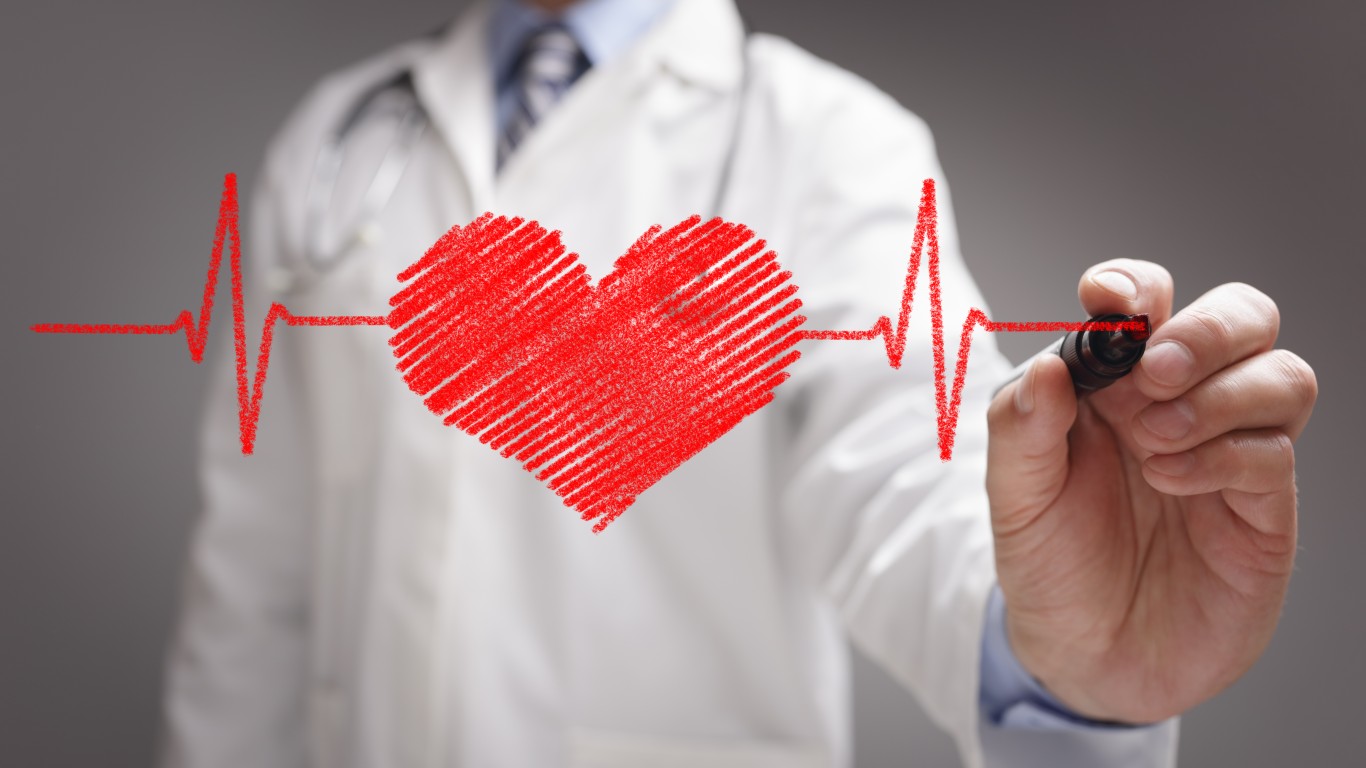A new device smaller than an oral thermometer uses nano-sensors to measure biomarkers in saliva to accurately predict the risk of heart disease or a heart attack. It then conveys information to users via an app.
Developed in Australia by a Melbourne-based company, ESN Cleer, in collaboration with the city’s RMIT University and the Innovative Manufacturing Cooperative Research Centre, the device is expected to be available for sale by 2021.
The new Australian technology seems particularly important, considering that a new study from Northwestern Medicine has revealed that total deaths worldwide from cardiometabolic disease have been increasing since 2011.
The sensors, developed by RMIT’s MicroNano Research Facility, are said to be able to measure biomarkers — which include a protein called cardiac troponin, as well as several other compounds — are said to yield results that are a thousand times more precise than those from a blood test.
The system connected to the saliva-testing device will encourage users who are shown to be at risk to take preventative actions, and algorithms assessing results will be used to further improve the device’s accuracy.
“Prevention is always better than cure,” said Professor Sharath Sriram, research co-director of RMIT’s Functional Materials and Microsystems Research Group. One in every four deaths in the United States is caused by heart disease, or 610,000 deaths a year. But the number vary greatly from one region to another — these are the states with the most heart disease.
Someone in the United States dies from cardiovascular disease every 38 seconds, according to experts at The American Heart Association Report. In addition to monitoring biomarkers, you should be aware of the other 28 dangerous things experts link to heart disease.
The developers of the saliva-testing device say that it might also be able to eventually predict the risk of developing cancer.
